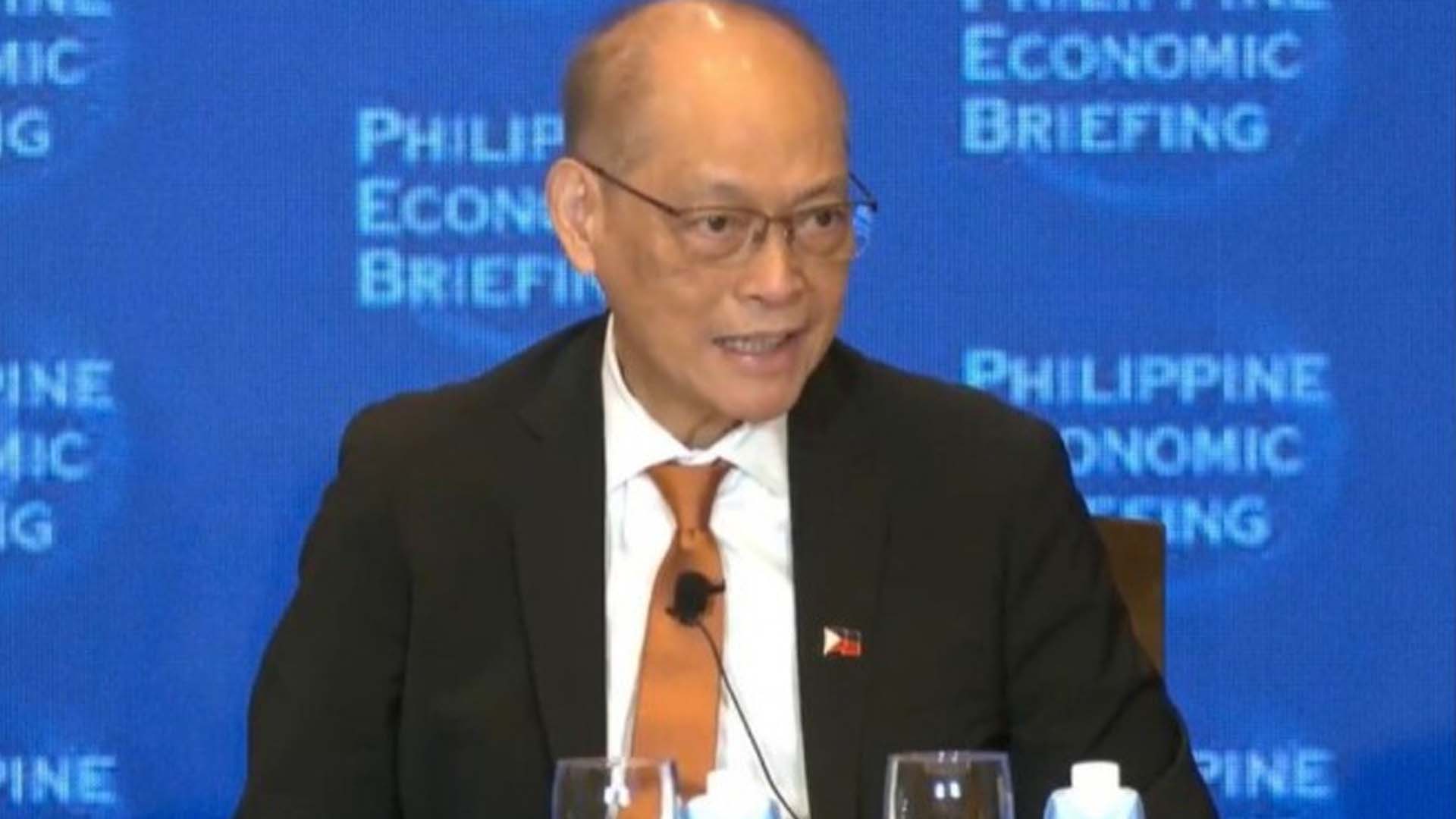Finance Secretary Benjamin Diokno on Thursday told foreign investors that the proposed reforms on the military and uniformed personnel (MUP) pension will boost the government’s fiscal space.
During the Philippine Economic Briefing held in Singapore, which was live streamed through the Facebook pages of the Department of Finance (DOF), Bangko Sentral ng Pilipinas (BSP), National Economic and Development Authority (NEDA), and the Department of Budget and Management (DBM), Diokno said the military pension “is an elephant in the room.”
“Previous administrations don’t want to talk about it. We are addressing it now and I think, we are almost sure that we have the solution. That will open up a lot of fiscal space,” he said.
Under the proposal, all active personnel and new entrants will be covered by the proposed reform; the automatic indexation of pension to the salary of active personnel of single ranks will be removed; pensions will be given once the MUP turn 57 years old unlike in the current system wherein it is automatically given once they reached 20 years of service; and the active and new entrant will be required to pay the mandatory contribution to the Government Service Insurance System (GSIS).
Diokno earlier said total payouts to MUP amounts to around PHP213 billion for this year and this is expected to breach PHP1 trillion by 2035.
Aside from the MUP pension, Diokno said rightsizing of the bureaucracy is also seen to boost fiscal space.
“Together with that is digitalization. Again, that will open up a lot of space in our, the fiscal side. That’s why I said I sleep well at night because we’re solving the problems that we see,” he added.
NEDA Secretary Arsenio Balisacan said ensuring the strengthening of the government’s fiscal space is also among the reasons for encouraging the private sector to take part in the bid to improve the country’s infrastructure.
“There’s a lot of money there that are supposed to be used for public infrastructure but if this can now be implemented by (the) private sector, then that limited resource could be used to support other priority areas, particularly in the social sector like social protection, health, education, and so on,” he said.
During the economic briefing, Balisacan enticed the investors to place their funds in the 194 infrastructure flagship projects (IFPs) worth around PHP9 trillion and covers physical and digital connectivity and water resources, among others.
“Indeed, the Philippine government considers the private sector an invaluable partner in achieving its socioeconomic agenda. The private sector serves as the engine of growth and innovation in the Philippines, and by leveraging its financial muscle, technological expertise, and managerial capacities, we can deliver better public services, lower consumer prices, and improve the quality of life for all Filipinos,” he added. (PNA)








